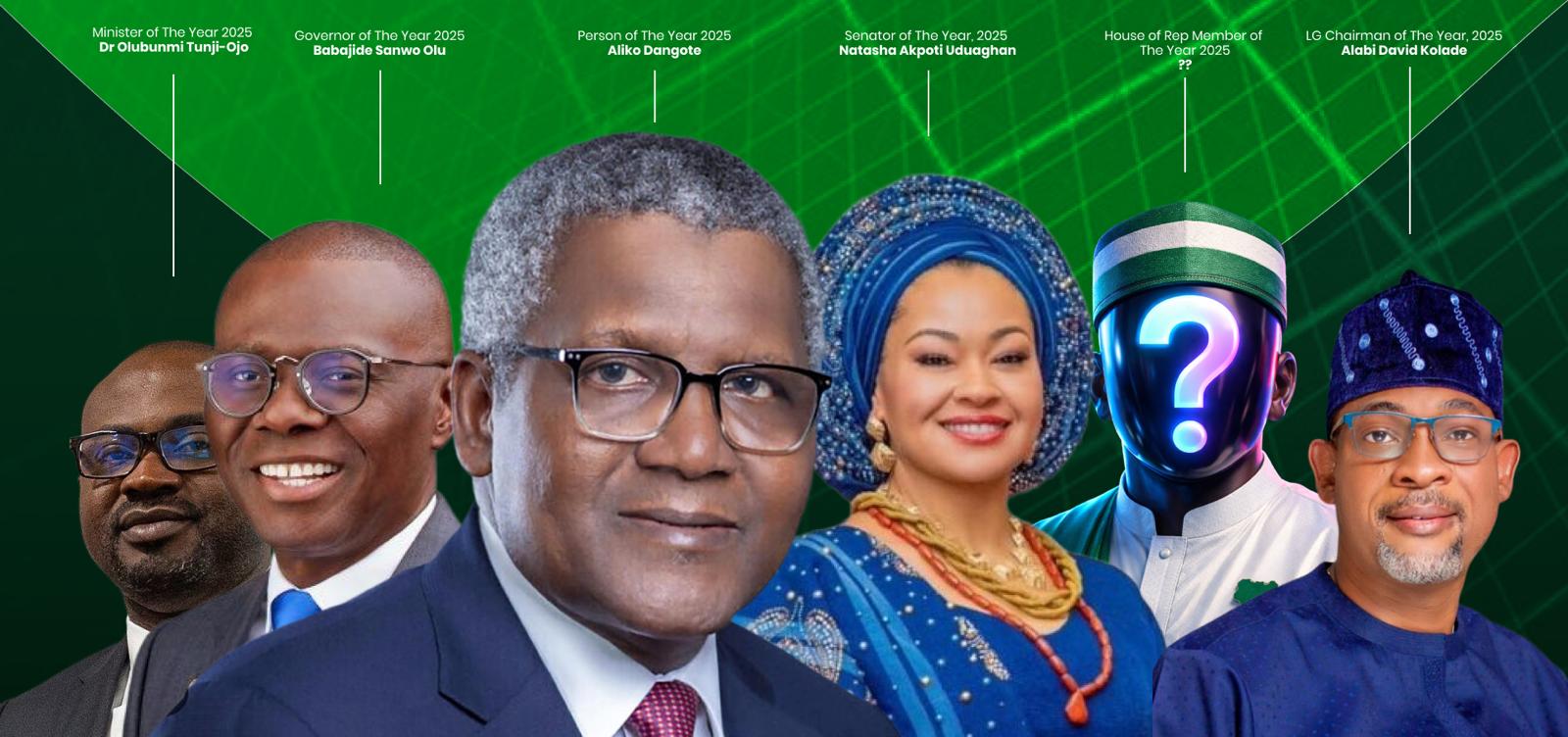Italy’s Prime Minister, Giorgia Meloni, has issued a strong condemnation of recent attacks targeting Christian communities in Nigeria, warning that religious freedom must be defended and urging the Nigerian government to hold perpetrators accountable. Her remarks, published on 21 November 2025, reflect growing international concern over escalating violence against religious minorities in Nigeria.
Meloni, in a statement carried by ANSA, said she “firmly condemns the renewed violence that occurred … against Christian communities in Nigeria” and emphasized that “religious freedom is an inviolable right.” She called on the Nigerian government to strengthen protection for Christian and other communities and to prosecute those responsible for what she described as “brutal attacks.
The outspoken Italian leader also expressed solidarity with Nigeria’s Christian populations, saying, “Italy expresses its closeness to the victims and communities in Nigeria that today feel in danger because of their religious beliefs.” Her statement coincides with reports of mass kidnappings, kidnappings from schools, and other high-profile security incidents involving religious communities across Nigeria.
Meloni’s call has added fresh diplomatic pressure on Nigeria’s leadership, highlighting the international dimension of Nigeria’s security and religious-freedom crisis. Her appeal comes amid a broader outcry from religious and civil-society groups inside and outside Nigeria, who warn that unchecked violence against worshippers poses a threat not just to faith communities but to Nigeria’s social cohesion and rule of law.
In response to Meloni’s statement, some Nigerian analysts suggest the message could help galvanize more decisive political action. By bringing European attention to the issue, the Italian prime minister may influence international partners and donors to push for more robust protection measures, including funding for local security efforts, religious-freedom monitoring, and support for survivors.
However, there are also critics who warn against external pressure that risks being perceived as foreign interference. Some Nigerian political voices argue that while moral support is welcome, the government must prioritize internal reforms boosting local security capacity, improving intelligence-sharing, and ensuring accountability through domestic institutions rather than bowing to foreign demands.
Still, Meloni’s intervention is significant. As a European leader, her demand for prosecutions sends a strong message: that violence against religious communities in Nigeria will not go unnoticed on the international stage. It places renewed urgency on efforts by the Nigerian federal government and state authorities to collaborate with faith-based organizations, civil society, and security agencies to build better protection systems for religious minorities.
Going forward, several immediate questions arise:
- Will the Nigerian government launch credible, transparent investigations into the attacks Meloni referenced?
- Will there be a shift in policy to increase protection around churches, especially in vulnerable regions?
- Can diplomacy triggered by Meloni’s remarks translate into concrete aid or technical support for security and reconciliation programs?
- How will Nigerian religious and community leaders respond will they press for concrete guarantees, not just statements?
For now, Meloni’s comments serve as both an expression of solidarity with victims and a call to action. They underscore that international attention is not just watching it is demanding accountability and change. Whether Nigeria’s institutions can deliver on that remains to be seen, but for many Christians in Nigeria, the Italian prime minister’s voice offers hope that their plight is being heard far beyond their borders

